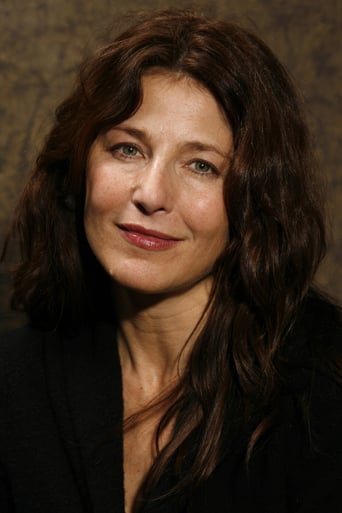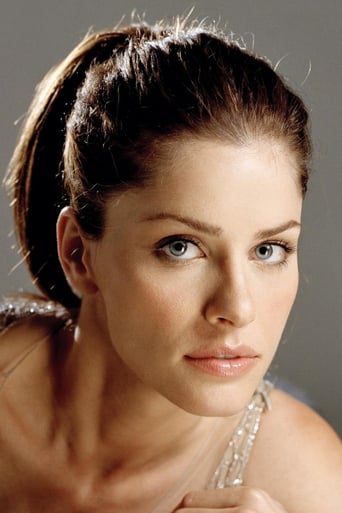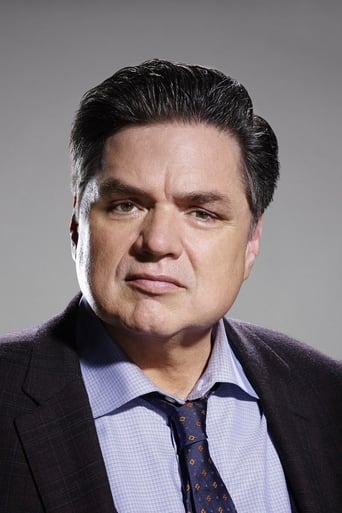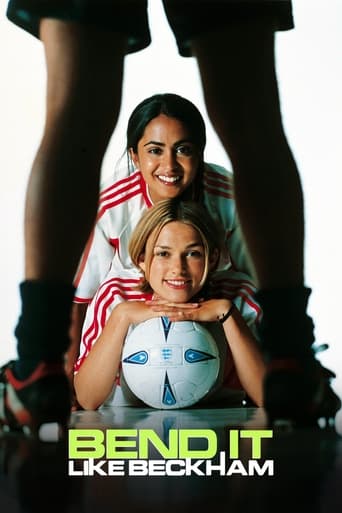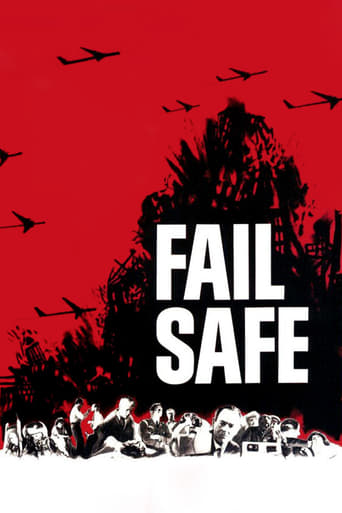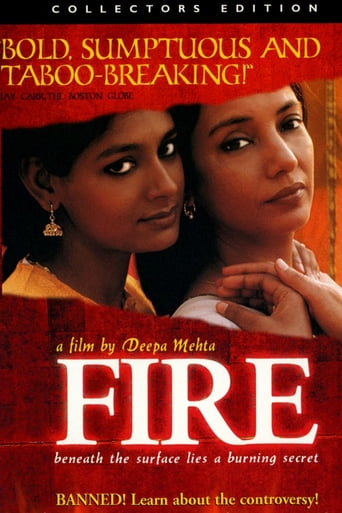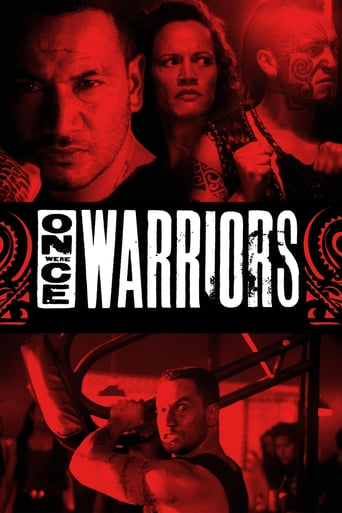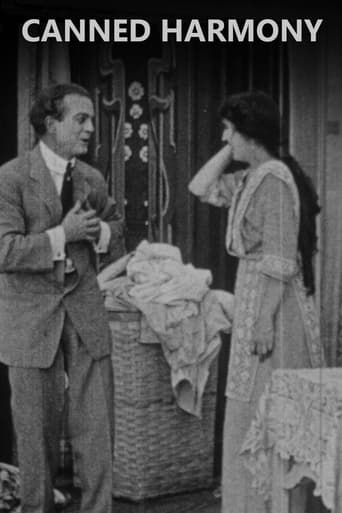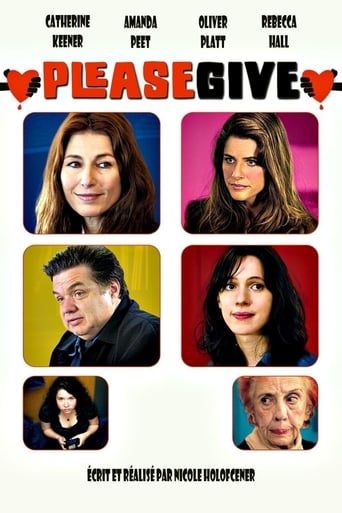
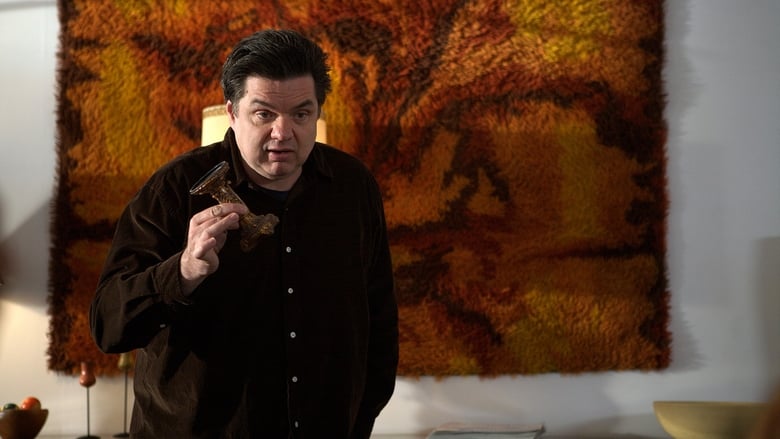
Please Give (2010)
In New York City, a husband and wife butt heads with the granddaughters of the elderly woman who lives in the apartment the couple owns.
Watch Trailer
Cast
Similar titles
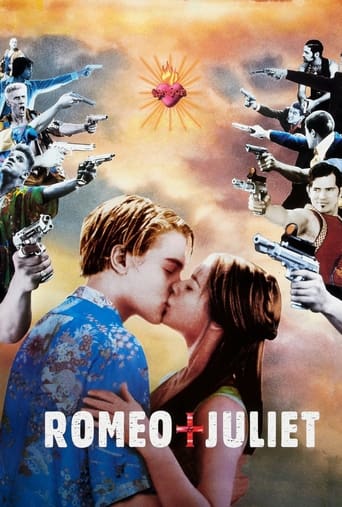

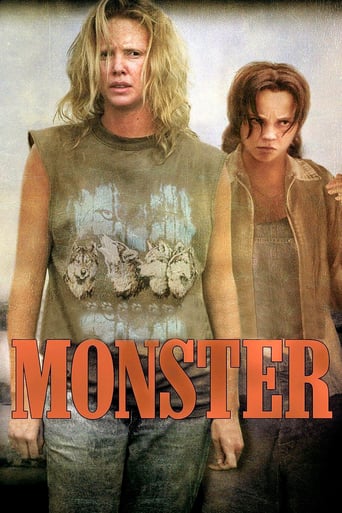
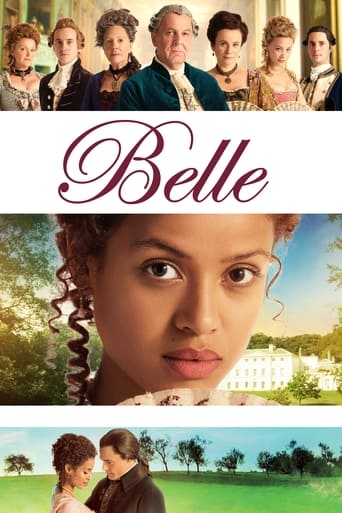
Reviews
Powerful
Good story, Not enough for a whole film
Good films always raise compelling questions, whether the format is fiction or documentary fact.
Very good movie overall, highly recommended. Most of the negative reviews don't have any merit and are all pollitically based. Give this movie a chance at least, and it might give you a different perspective.
"Economics is a form of brain damage." - Hazel HendersonThe privileged berate themselves in "Please Give", an intermittently interesting drama by director Nicole Holofcener, a director who specialises in female neuroses. The plot? Catherine Keener players Kate, a vintage furniture seller who acquires money by selling, at exorbitant prices, the furniture of the recently deceased. She essentially exploits the kin of the dead, getting valuable pieces for less than they're worth because surviving relatives are too preoccupied with grief to haggle over prices. There are other subplots in the film – Kate's husband has a brief affair, Kate's daughter assuages insecurity with commodities, a pair of sisters struggle with love, loss and personal responsibility etc – but it's the money angle that's most interesting. Because Kate is stricken with guilt over the way she does business, she engages in games of self-justification, compensating by being charitable to homeless people or volunteering at special-needs schools. But acts of charity don't help Kate and do little to help others. She remains guilty.The film abounds in interesting contradictions, Kate caught between the dog-eat-dog cynicism of free-market capitalism and an impulse to be ethical, to share with and care for others. Because of this she is supremely self-loathing, ashamed of her wealth. In economics, the neo-classical defence of this, of "wealth", is that the economy is not zero sum, that "wealth" can both forever increase and rationally "spread out", like some perpetual motion machine in which any and all imbalances are overcome by fiscal velocity and "benevolent liquidity". Critiques tout the flip-side; gains here are at the expenses of losses elsewhere, debt based systems breed bondage and loci of power, economics doesn't take into account the acquisition of land and how money enters the system and the economy is pathologically kept afloat by illusions/faith/denial (the continuous birth of new players, the deferring of debt and even death, various false mathematical/philosophical presuppositions etc). In this regard Kate's an atypical American; she's your successful, self loathing liberal woman caricature. Full-bore hippie in Versace.Another of the film's subplots deals with altruism/guilt/exploitation in a different manner. Here, a lab technician (Rebecca Hall) who administers mammograms spends all her free time caring for her 92 year old grandmother, a cranky woman who doesn't appreciate anything Rebecca does. Rebecca's sister, played by Amanda Peet, decries Rebecca for taking care of this nuisance, a nuisance who doesn't deserve to be taken care of and who seems to simply be exploiting Rebecca. Nevertheless, Rebecca believes it is her obligation to "give". So the film – its title is a plea "to give" - abounds in interesting contrasts. Materialism, self-interests, an allegiance to capitalism on one hand, guilt, feigned, forced and genuine compassion on the other. The film then ends with an interesting moment; Kate buys her daughter an inordinately expensive gift, a complex act which manages to affirm capitalism, play to Kate's more selfless desire to "give" - no matter how irrational the act seems - and demonstrates how socioeconomic structures colour selfless acts. Love and charity are seen to be irrational, unsustainable even, under the logic of the dollar. Charity itself is a type of ethic that avoids issues of complicity and co-responsibility for misery, and is maintained largely because the bourgeoisie desires to redress social grievances only in order to secure the continued existence of bourgeois society. That the film fails to go further is because it's engaged in a game of dichotomies, your usual left/right, socialism/capitalism duality.All economics is both biology and physics. It's a transfer of energy. All organisms attempt to maximise the capturing of energy, expending less than they take in. Extrapolate this to the national level and one sees that capitalism itself, as an organism, is designed to maximise extraction. It's what Howard Odum proposed as the 4th thermodynamic law, or 4th principle of energetics; systems "evolve" to maximise intake, leading to the hypertrophic nature of all systems, which have a cancerous predisposition for expansion. Indeed the market, by design, abhors limits. It is obsessed with expansion. Boundaries must be transgressed, worked-around, cheated. What psychologists refer to as the death-drive is mirrored (as well as a lot of other male biological imperatives) exactly by free-market capitalism: there is a pervasive desire for unrestrained, unregulated, limitless "jouissance". You then eventually reach the point where the extraction of energy from people and the planet out-paces birth rates and the planet's ability to "produce energy". It's the clichéd "infinite growth on a finite planet" problem - which in turn has led to proponents of economic homeostasis - though in reality, the planet's not quite finite. The total "matter" on Earth remains the same, the machine just need more of it and faster. And the Earth can't keep up. Hence Kate's dilemma: extracting harms others.What the film does is ignore the fact that personal crises and ecological dislocations are influenced by cultural factors and have their primary sources in social dislocations. The very notion of "dominating nature" has its roots in both the Churches of Scientific Rationality and the constant domination of human by human (hierarchies that bring people into subjugation to gerontocracy, patriarchies, military chiefdoms, capitalist, religious or bureaucratic systems of exploitation etc). Such "ruthlessness", in which a great many humans are as exploited as the natural world itself, is actively supported by many people, under the assumption that this is "how nature is" and "how nature works". These are the same people who, a million times in their daily lives, behave like they believe the opposite. Obey a traffic light and you're asserting man's ability to organise, change, rise, stave off chaos. Nature is contingent, and capitalism actually doesn't require one to believe the worst of his fellow man, but hinges on the opposite, that man is innately "good". In a sense, what is thus required is a legislating of morality.8.5/10 - Worth one viewing.
I liked some of the acting and the scenarios from which the characters step out and across each others' lives. That's about it in this nicely constructed but vanilla-flavoured indie flick.I think that the idea is to examine the warped perspective of New Yorkers and how they come to see what's worthwhile and good. That message is rather trite in the end and there is little sense of drama or epiphany leading to it. The ironic-sump sensibility of the urbane women admits no slight, no drama. I found it rather hard work. At least Woody Allen feigned shock, rather than an expression of Teflon-covered rictus.Sadly, the film isn't even meant to be as funny as classic Woody Allen flicks are but to carry a higher purpose. The joy of high water-mark Allen is that his dramatic goals almost catch him by surprise. I did enjoy the urbanity of the humour but always with a sense of its knowingness, which sours the joke. 4/10
I loved this movie because it was so real! It showed just how good and how hard this life can be. We are all flawed creatures with the ability to rise above again and again. Everyone has warts, wounds, scars and secrets. I saw myself, my family, my friends and my enemies in these sad funny characters. Love, loss, life and death is the reality of this world and this movie reflected that. I smiled and I wept. I had to think and rethink some of my prejudices and judgments. The ensemble was a good mix of great actors. Some familiar and some new, but none that seems as if they were acting. I watch a lot of films, this was better than most of the "blockbusters" I have seen this year. I will watch for more from this writer/director.
'PLEASE GIVE': Three Stars (Out of Five) Nicole Holofcener writes and directs this critically acclaimed comedy drama about family life and the struggle to do what's right. Holofcener once again teams with her usual partner in crime, actress Catherine Keener, for the fourth time (after 'WALKING AND TALKING', 'LOVELY & AMAZING' and 'FRIENDS WITH MONEY'). The film also stars Amanda Peet, Rebecca Hall, Oliver Platt, Ann Morgan Guilbert and Sarah Steele. It's a quirky character study that critics are comparing to the film likes of Woody Allen.Keener and Platt play a married couple named Kate and Alex who run a used furniture store that's highly profitable due to the fact that they purchase from children of the recently deceased, who have no idea of it's value. They recently purchased the apartment adjacent to theirs' and are impatiently waiting for it's 91 year old inhabitant (Guilbert) to die so they can take it over. Kate struggles with the guilt of this, as well as her business, and tries to make up for it by giving money to homeless people on the street and attempting to do volunteer work, which she cant emotionally handle. She also invites the two granddaughters of her elderly neighbor, the beautiful and bitchy Mary (Peet) and more plain and sweet Rebecca (Hall), over for dinner one night and she, Alex and their daughter Abby (Steele) all grow attached to them in different ways. Each of the other characters all battle their own personal problems as well (including bad skin, and romantic conflicts).The film is a somewhat interesting character study but nothing too memorable. I haven't seen much of the writer / director's other work except for 'LOVELY & AMAZING' which I enjoyed a little more than this. The actors have all done at least somewhat better work as well. The film is all well acted and nicely written and directed but in my opinion nothing too exceptional. The film is both funny and emotionally touching but only to a very minimal degree, it doesn't excel at either level. Still it's not a bad way to spend your time, especially if you like quirky little character studies. I'd say it's worth checking out at least once.Watch our review show 'MOVIE TALK' at: http://www.youtube.com/watch?v=j95Zjdlcbe0
